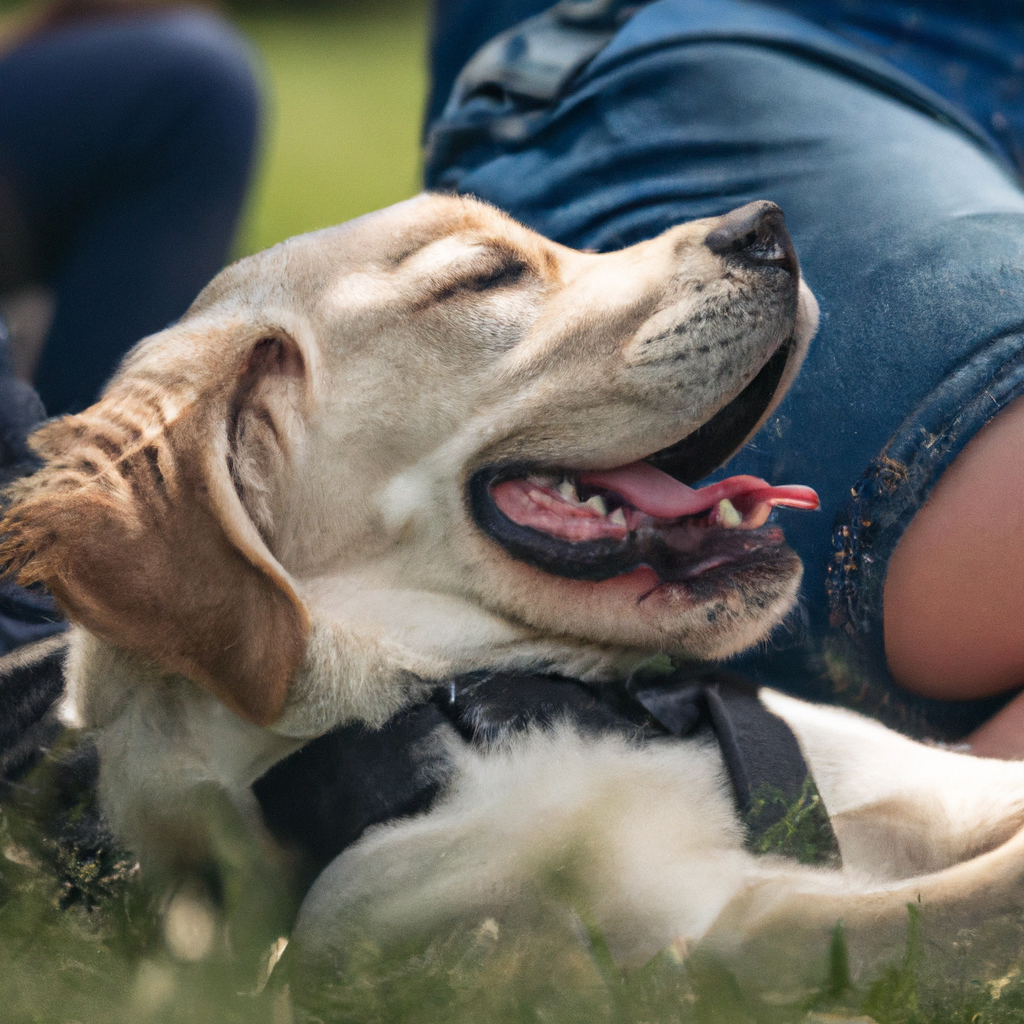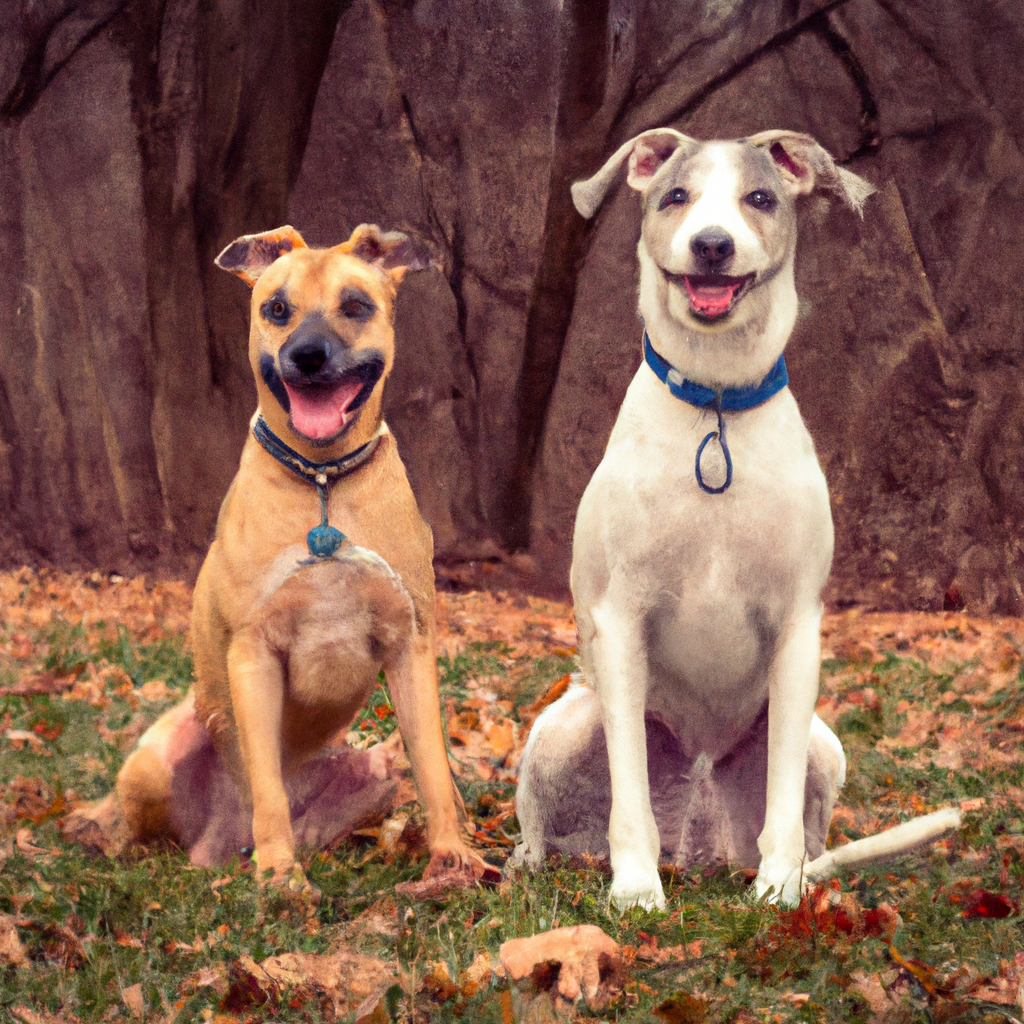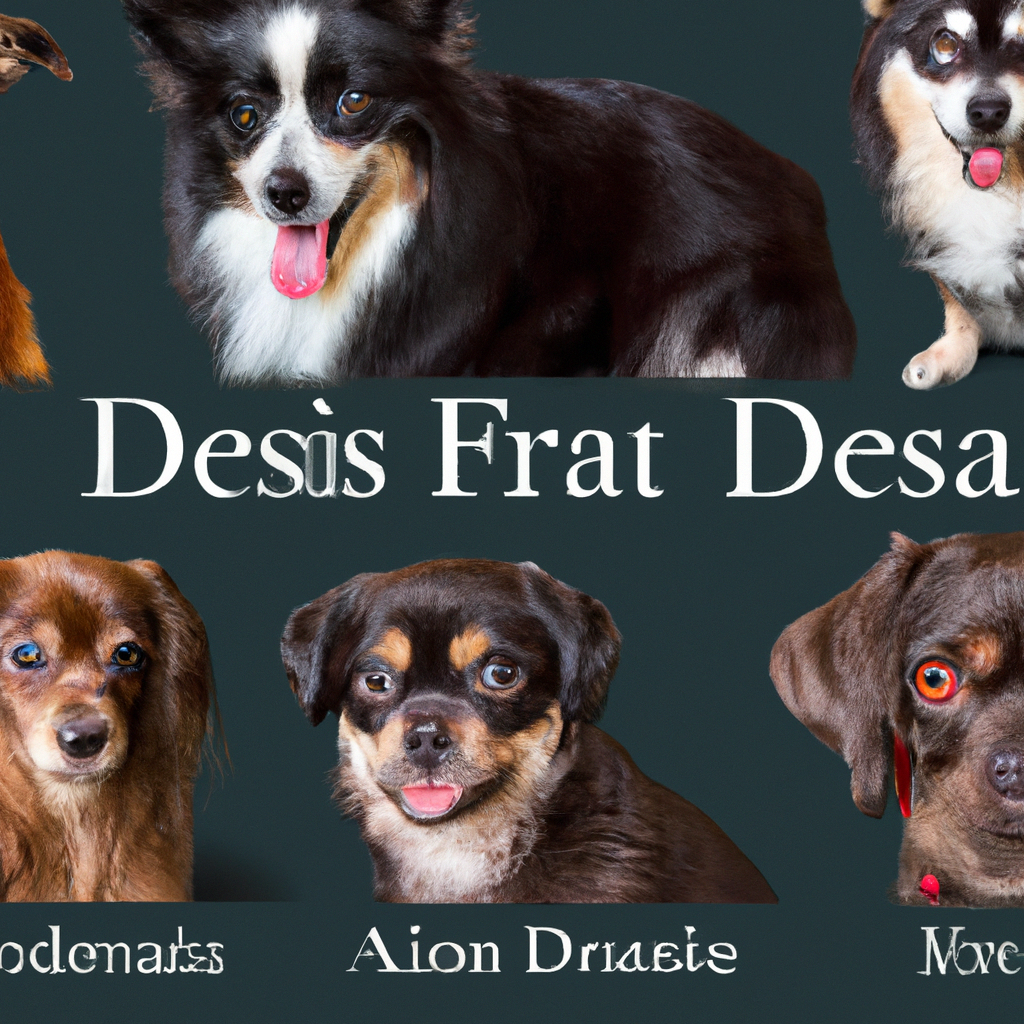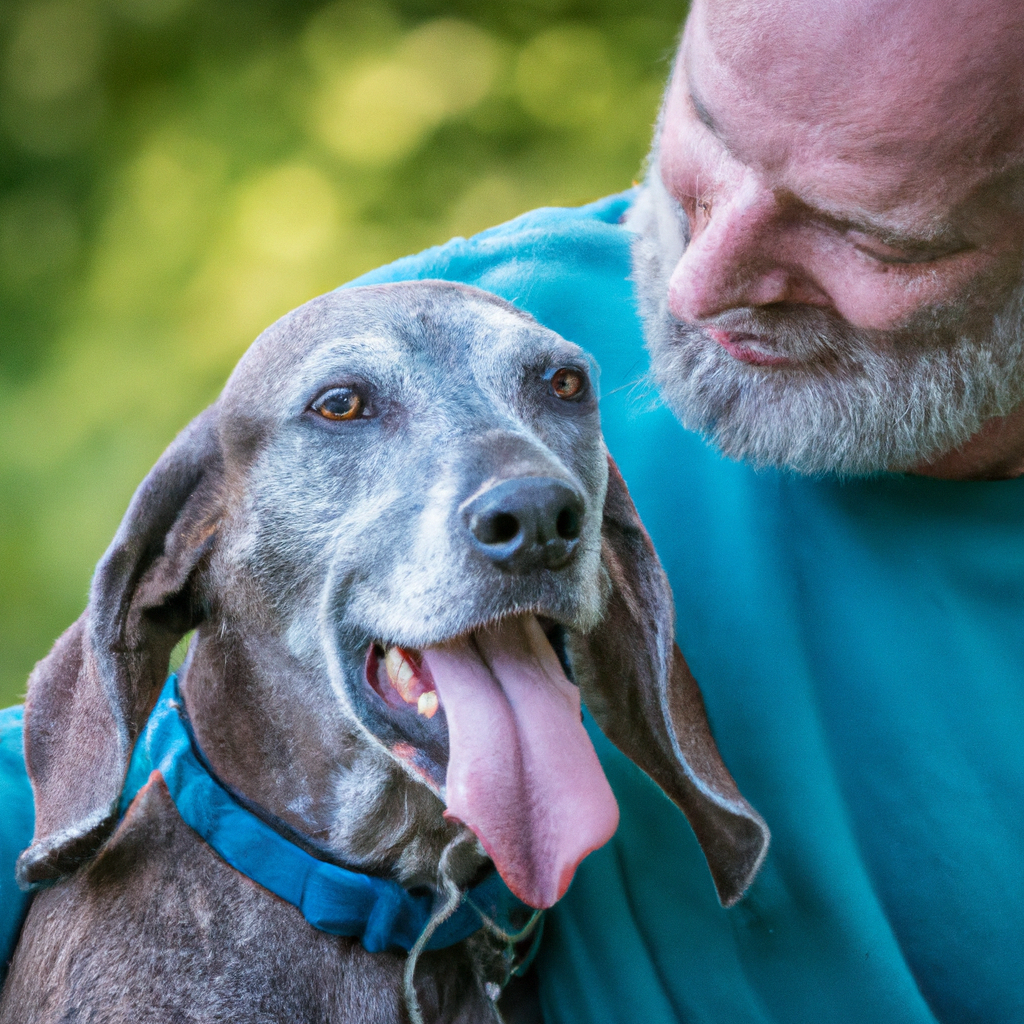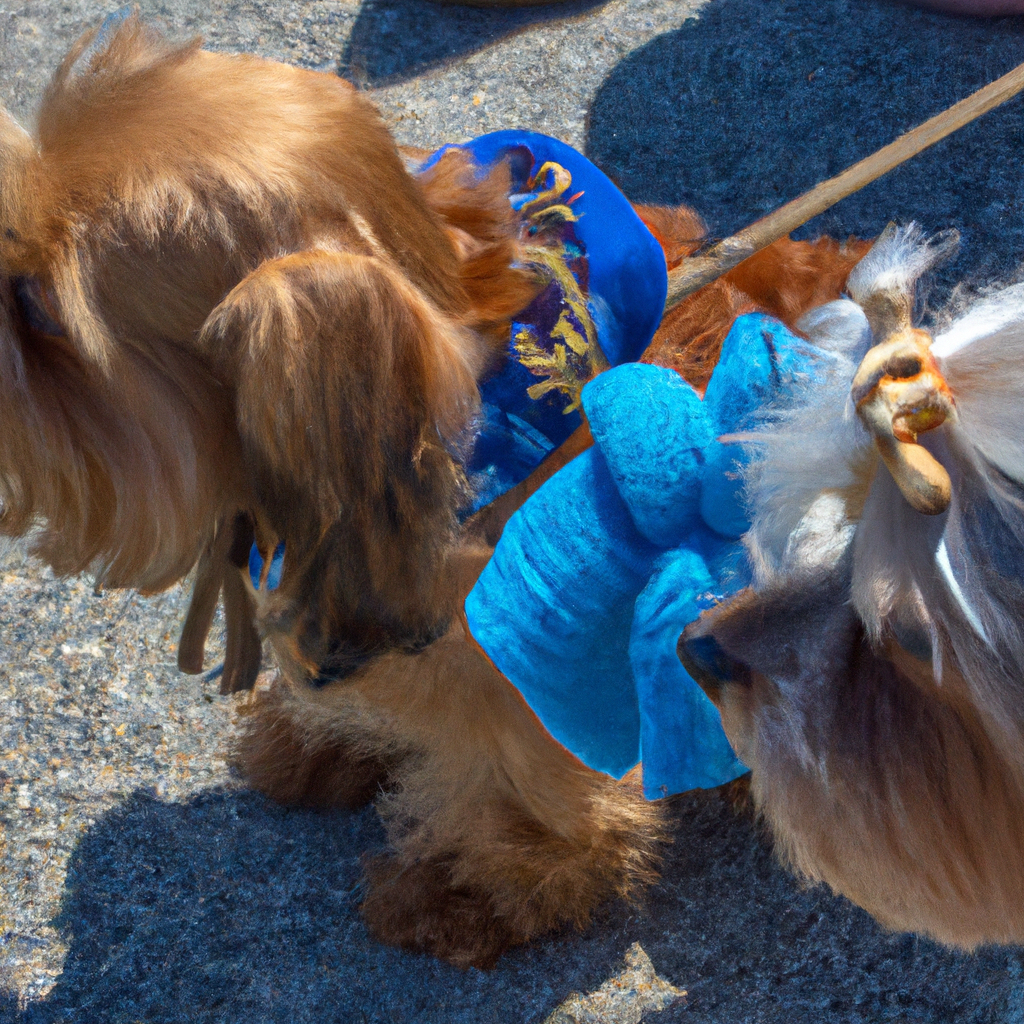Brachycephalic Dog Breeds: Understanding Their Unique Needs
Brachycephalic Dog Breeds: Understanding Their Unique Needs What are Brachycephalic Dog Breeds? Brachycephalic dog breeds are characterized by their
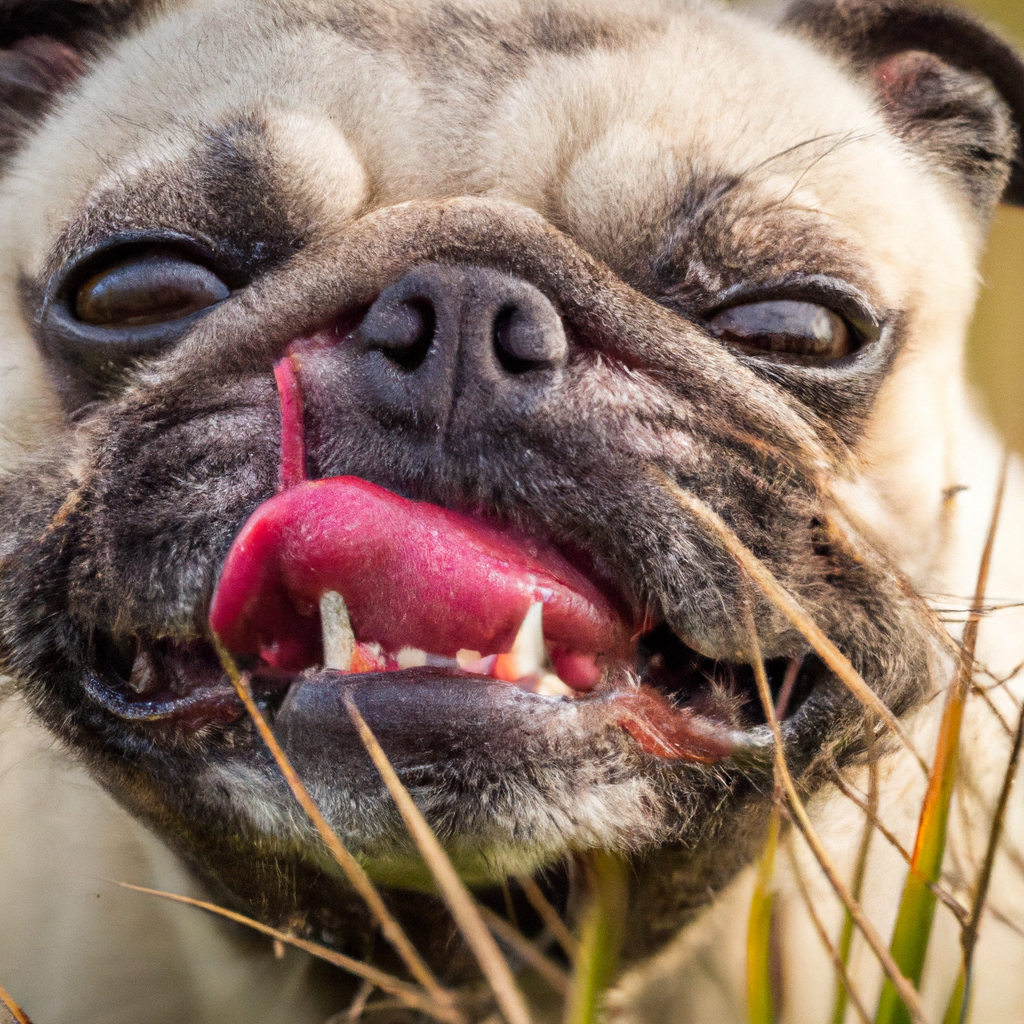
Brachycephalic Dog Breeds: Understanding Their Unique Needs

What are Brachycephalic Dog Breeds?
Brachycephalic dog breeds are characterized by their short, flat-shaped skulls and pushed-in faces. Some popular
examples of brachycephalic breeds include the Bulldog, Pug, Boxer, and Boston Terriers. While these dogs have
charming and distinctive appearances, their unique anatomical features pose certain care requirements.
Understanding their Breathing Difficulties
Due to their short skull structure, brachycephalic dogs often suffer from breathing difficulties. This is commonly
known as brachycephalic syndrome and can vary in severity from breed to breed. It occurs because the structure of
their heads limits the amount of air they can inhale and exhale, leading to symptoms like snoring, wheezing, and
excessive panting. It’s important to note that these breeds are more prone to heatstroke and should be kept in
cool environments to prevent overheating.
Dental Care and Oral Hygiene
Brachycephalic breeds are also more prone to dental issues due to the shape of their jaws and teeth alignment.
Their shortened snouts often result in overcrowded or misaligned teeth, making them susceptible to tooth decay,
gum disease, and other oral health problems. Regular dental check-ups, brushing, and a balanced diet can help
maintain their oral hygiene and prevent further complications.
Exercise and Physical Activity
Despite their somewhat limited ability to exercise due to their breathing difficulties, brachycephalic breeds still
need regular physical activity to maintain a healthy lifestyle. However, it’s crucial to be mindful of the weather
conditions and avoid excessive exercise in hot or humid environments. Short walks, gentle play sessions, and mental
stimulation activities are recommended to prevent exertion and respiratory distress.
Choosing a Vet Familiar with Brachycephalic Breeds
When selecting a veterinarian for your brachycephalic dog, it’s essential to find one with experience and knowledge
about the specific needs and potential health issues of these breeds. Regular check-ups, routine vaccinations, and
preventive care are crucial for monitoring and managing any potential health concerns that may arise due to their
unique anatomy.
Conclusion
Brachycephalic dog breeds may require extra attention and care compared to other breeds. Understanding their
distinct needs, such as managing their breathing difficulties, maintaining oral hygiene, providing appropriate
exercise, and choosing a knowledgeable veterinarian, can ensure their overall well-being. By addressing these unique
requirements, you can help your brachycephalic companion lead a healthy and happy life.


